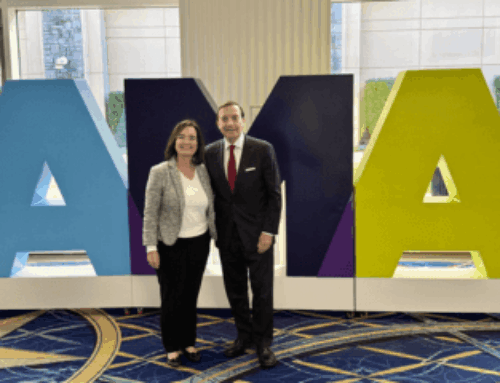On Sept. 9, the Make America Healthy Again Commission released the “Make Our Children Healthy Again Strategy,” a plan designed to tackle the growing crisis of childhood chronic disease in the United States.
About the strategy
The Commission, established to investigate and address the root causes of childhood chronic diseases, outlined more than 120 initiatives aimed at improving pediatric health. These recommendations cover research, prevention and public awareness efforts.
The role of sleep in the strategy
The strategy identifies “advancing critical research to drive innovation” as central to addressing the burden of chronic illness among children, citing the need for longitudinal research to strengthen prevention. A new National Institutes of Health research initiative on chronic disease will include the importance of sleep and nutrition.
In addition, the strategy emphasizes increasing public awareness, including school-based campaigns to help families, educators and children adopt healthier habits.
Building on earlier findings
This plan follows President Trump’s February 2025 executive order creating the Commission and its May 2025 “Make America Healthy Again Assessment.” That report identified four major drivers behind the rise in chronic childhood disease: poor diet, chemical exposure, lack of physical activity and chronic stress, and overmedicalization.
The assessment also drew attention to what it called “a nationwide sleep crisis,” especially among adolescents, recognizing sleep as a foundation of overall health. In July, the AASM urged the Commission to prioritize sleep health as it developed its strategy, offering feedback on the assessment’s findings.
Prior to the strategy’s publication, the AASM advocated for measures to highlight the importance of sleep and address sleep-related issues affecting children. AASM members and staff met with officials from the Food and Drug Administration, the Centers for Medicare & Medicaid Services and the White House to discuss topics ranging from school start times to increased funding for sleep research.





